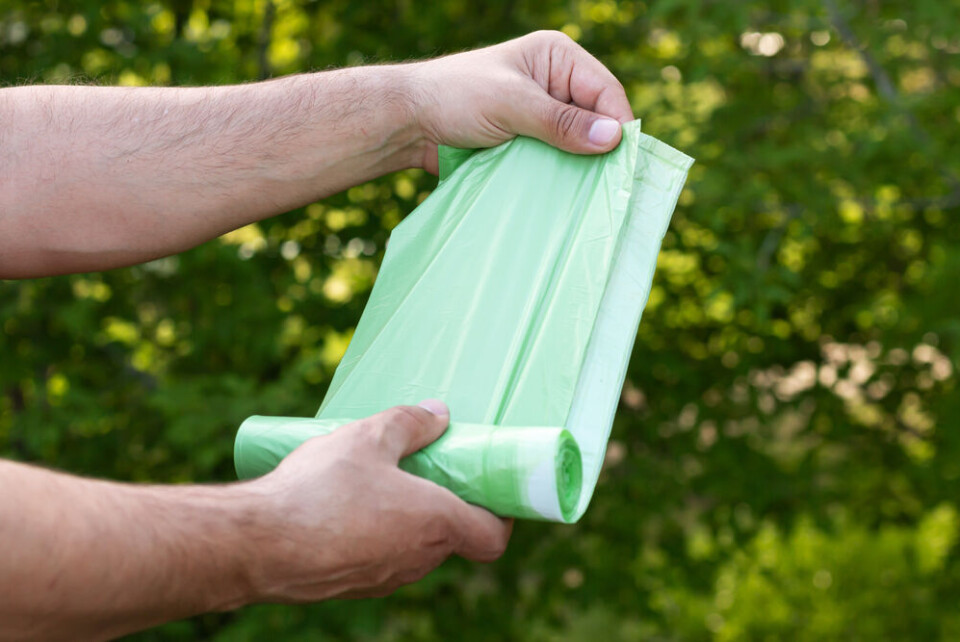-
From Oregon to Brittany: primrose nursery in France celebrates 90th anniversary
Barnhaven Primroses traces its history back to 1930s America
-
January flowers in your French garden with scented viburnum
Our gardening columnist explores a pretty pink shrub that gives long-lasting winter displays
-
All wrapped up for Christmas: how to protect your plants in France this winter
Discover effective methods to shield your garden plants from winter frost and cold, ensuring their survival and health through the chilly months
Do not put biodegradable plastic bags with compost in France
Many contain chemicals that can only be decomposed by industrial means

People should not put biodegradable plastic bags containing garden and food waste into composts as they may contain chemicals that can only be decomposed under ideal conditions, says a government environmental agency.
The French food and environmental agency, Anses, issued the warning on November 22 as the government prepared to debate a European law on waste reduction.
The warning comes as millions of households in France prepare for the new rules relating to the sorting of food and garden waste which come into effect on January 1, 2024.
Read more: Explainer: the rules about composting from January 1 in France
Anses says that many biodegradable plastic bags are only truly biodegradable using industrial composting methods that operate at a higher temperature than most domestic composts.
The lower temperatures of domestic composts can mean the bags are only partially decomposed, and may contaminate the soil.
“This contamination can come in the form of various types of material or of microplastic, resulting from their decomposition,” wrote Anses science coordinator Stéphane Leconte.
“The leftover compounds can be polymers, residual monomers, additives or inorganic charges which represent potential dangers for both human health and for the environment.”
What are biodegradable plastic bags?
Plastic bags presented as biodegradable can come in one of three forms:
- ‘100% biodegradable’, can be decomposed by bacteria
- ‘Fully compostable’, can be 90% composted at certain temperatures within 6 months (for industrial composting) or 12 months (for domestic composting)
- ‘Made of biosourced materials’, must be made of at least 50% natural material, such as cornstarch.
While these products might be biodegradable in industrial conditions, they are unlikely to be consistently broken down in the inconsistent conditions of domestic composts.
Anses said that the labelling on these materials needs to be made clearer to prevent people from being misled.
It also said that more stringent regulations are required to ensure that they contain “no endocrine disruptors, carcinogenic, mutagenic or reprotoxic substances”.
What should people use to store food and garden waste?
The current recommendations of the French Agency for Ecological Transition, Ademe, are that people should store their waste in a brown paper bag or in a closed container, such as a bin with a handle.
Some local authorities will provide disposable biodegradable plastic bags for food and garden waste. However, these bags are not intended for residential composting, but rather for collection and subsequent disposal in an industrial composting or biogas facility.
Read more:
Most homes in France not ready to separate food waste come January 1
























